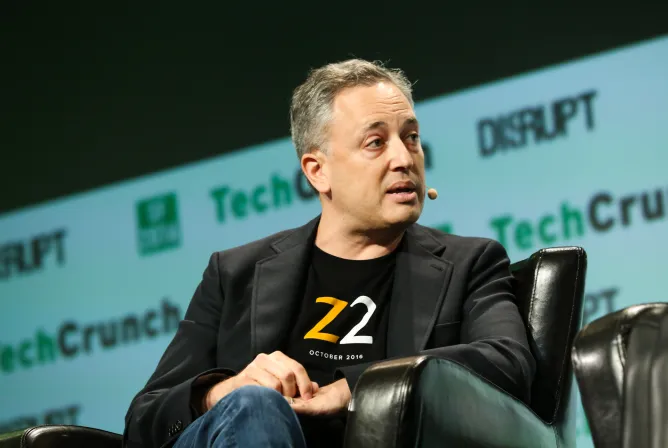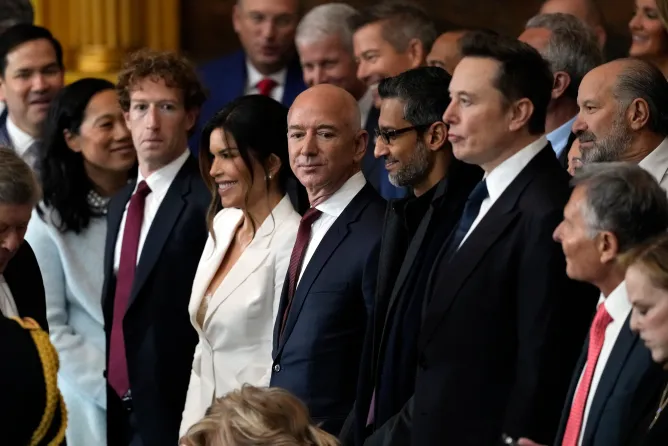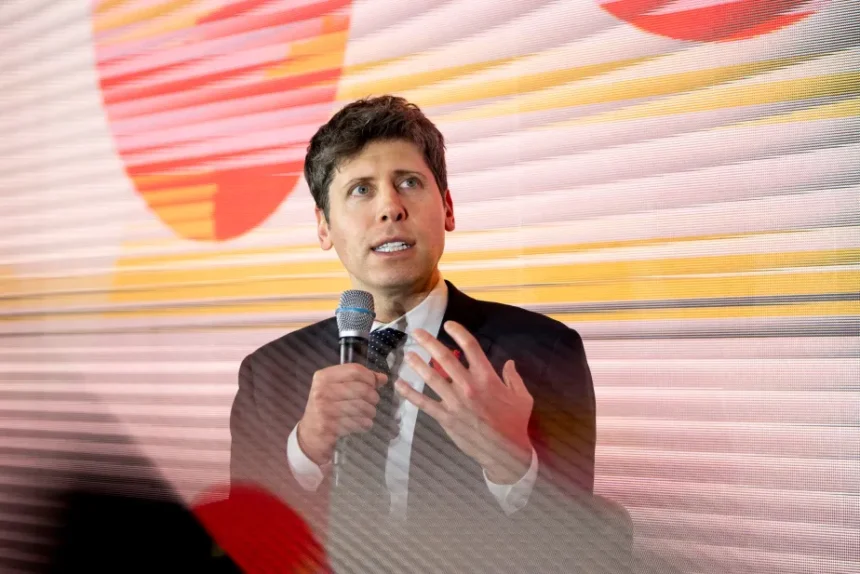In a significant shift, OpenAI is redefining the way it trains AI models, embracing a bold commitment to intellectual freedom. The company’s latest policy update signals a move toward reducing restrictions on ChatGPT’s responses, allowing it to engage with a broader range of topics—even those that are controversial or challenging.
This evolution is part of a broader trend in Silicon Valley, where companies are re-evaluating the role of AI in shaping conversations. While some speculate that OpenAI’s decision may be influenced by political considerations, the company insists that its goal is to provide users with more control over their interactions with AI.
A New Guiding Principle: Seeking Truth Without Censorship

At the heart of this change is OpenAI’s newly updated Model Spec, a 187-page document outlining how the company trains its AI models. Among the key updates is a new principle: Do not lie—either by making false statements or by omitting important context.
This principle translates into a major shift in how ChatGPT handles controversial discussions. Instead of avoiding certain topics or taking an editorial stance, the AI assistant will now aim to provide multiple perspectives. This means it will acknowledge different viewpoints on polarizing issues rather than outright refusing to engage.
For example, OpenAI states that ChatGPT should affirm that “Black lives matter” but also acknowledge “all lives matter” in an effort to maintain neutrality. Similarly, rather than taking a clear stance on political issues, the AI is designed to offer broader context, framing discussions around its overarching goal of “assisting humanity.”
The Balance Between Free Speech and AI Safety

While OpenAI’s policy shift increases ChatGPT’s openness, it does not mean the chatbot will become an unregulated free-for-all. There will still be guardrails in place to prevent blatant falsehoods or engagement with harmful content.
However, the move is being seen by some as a response to growing criticism—especially from conservative voices—about AI censorship. In recent years, several high-profile figures, including Elon Musk, Marc Andreessen, and David Sacks, have accused AI companies of embedding political biases into their models.
One incident that fueled this debate was a viral social media post revealing that ChatGPT refused to generate a poem praising Donald Trump but readily created one for Joe Biden. This sparked widespread claims that AI chatbots inherently lean toward left-leaning viewpoints. OpenAI’s CEO, Sam Altman, acknowledged these concerns, admitting that ChatGPT’s biases were a “shortcoming” that the company was actively working to address.
This shift in policy suggests that OpenAI is taking a proactive approach to addressing such concerns, aiming to build trust across the political spectrum while maintaining ethical safeguards.
A Broader Shift in Silicon Valley’s Approach to AI Moderation

OpenAI’s policy update aligns with a growing movement in the tech industry toward reducing censorship and prioritizing free speech. This shift is not limited to AI—social media platforms and major tech companies are also adjusting their approach to content moderation.
For example, Meta CEO Mark Zuckerberg recently pivoted the company’s stance toward free speech principles, following a similar trajectory to Elon Musk’s X (formerly Twitter). Both companies have scaled back their trust and safety teams, loosening content restrictions and allowing a wider range of viewpoints to flourish on their platforms.
Other tech giants, including Google, Amazon, and Intel, have also pulled back from diversity and inclusion initiatives that were previously core to their corporate identities. As AI technology becomes more influential in shaping public discourse, these shifts reflect a broader recalibration of values in Silicon Valley.
The Future of AI and OpenAI’s Expanding Influence
OpenAI’s commitment to intellectual freedom arrives at a pivotal moment. The company is not only leading the AI revolution but also vying to redefine how information is accessed online. With its ambitious Stargate project, a $500 billion AI data center initiative, OpenAI is setting its sights on unseating Google Search as the primary gateway to information.
As OpenAI takes on this enormous challenge, its evolving relationship with government authorities will be crucial. The company’s policy updates may also serve as a strategic move to align itself with shifting political landscapes while cementing its role as a dominant force in the AI industry.
Ultimately, OpenAI’s latest changes underscore a deeper debate about the role of AI in society: Should AI remain strictly neutral, or should it play an active role in shaping conversations? While the company’s new approach seeks to empower users with more information and perspectives, only time will tell how this shift will influence the broader AI landscape.










